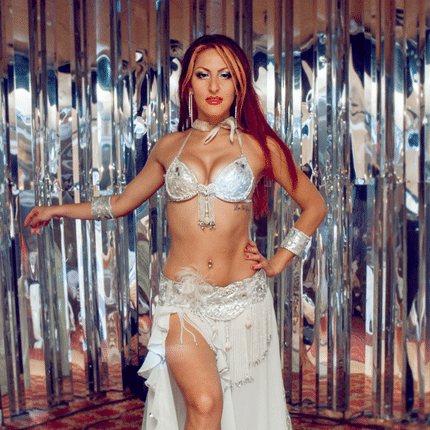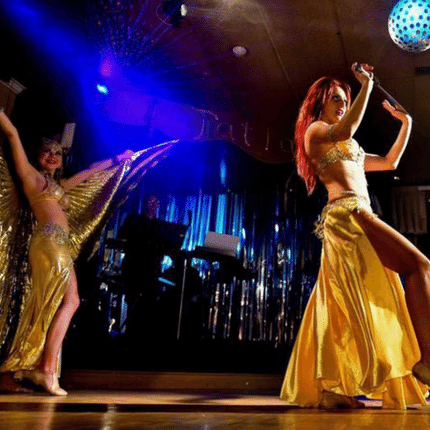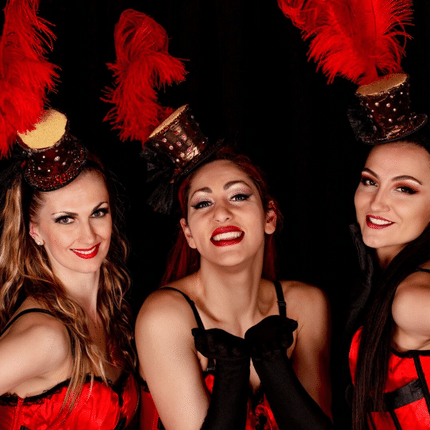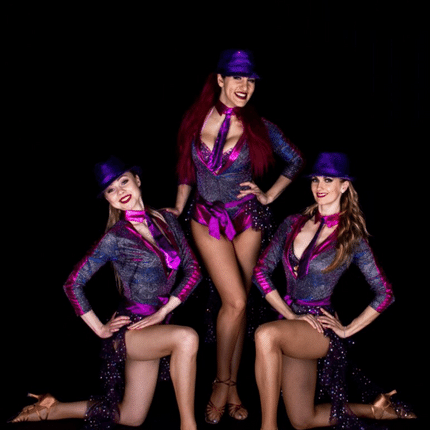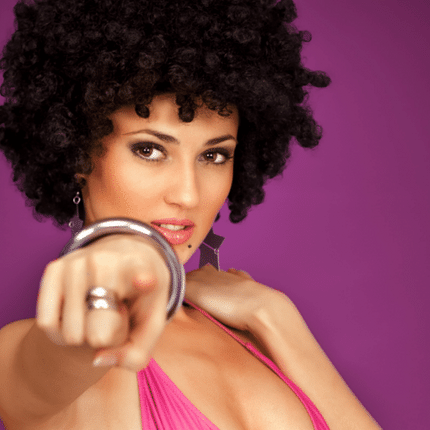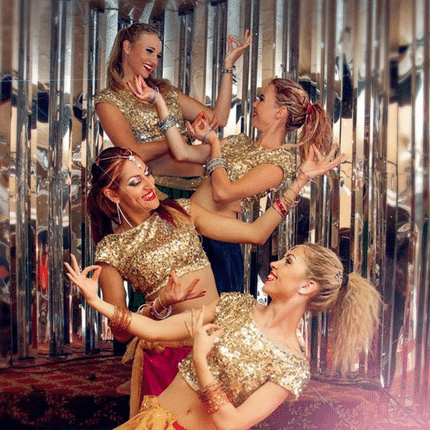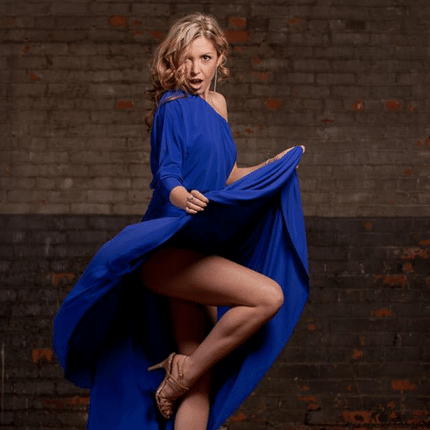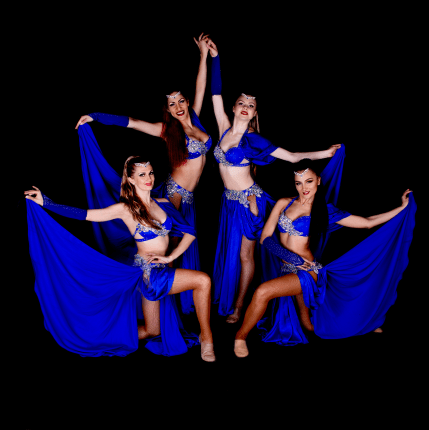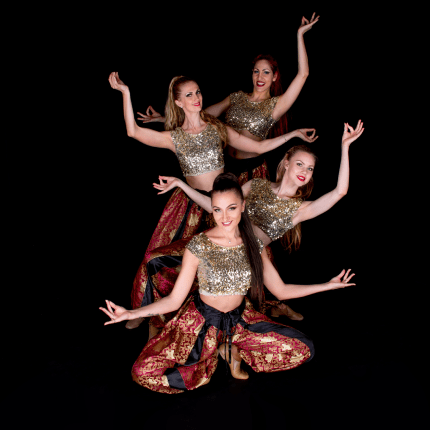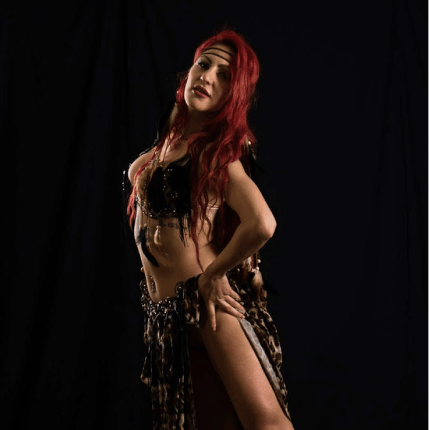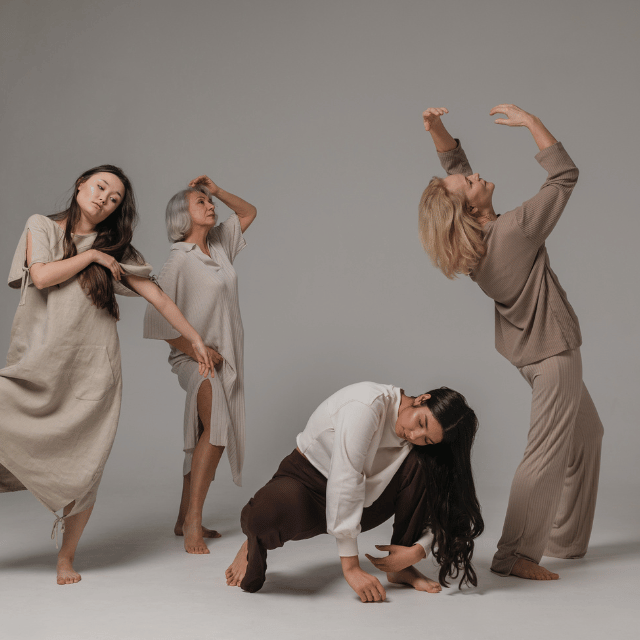Over the centuries, dancing has been presented in different ways: at first, it was a religious tribute to higher powers, then a way to get the most beautiful girl at a royal ball, now it is lovely physical exercise, socialize or a way to get rid of stress.
But did you know that dancing is also a way to get smarter? Yes, scientists have been able to prove this as well.
In particular, dancing reduces the risk of developing Alzheimer's disease and other mental health problems that often come with age. Here's how the research went.
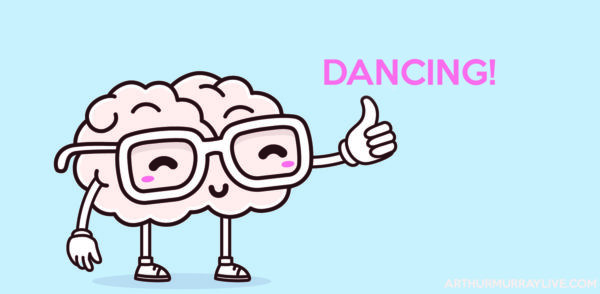
For 20 years, scientists at the Albert Einstein College of Medicine in New York have studied seniors at the age of 75 years old.
It is only possible to objectively measure mental abilities using the value of dementia, which is calculated based on data on the progression of Alzheimer's disease, senile marasmus and other dementia. Seniors were offered a variety of recreational activities, from solving crosswords and playing musical instruments to dancing and golf, and collected data each month.
Of course, golf won't save anyone. At the beginning of the study, and 20 years later, people were still throwing balls and waving clubs with a blissful smile that had almost no effect. But it's not just golf; nearly none of the physical activity - cycling, tennis, jogging, or just cleaning the house - does not affect the brain. However, there was one big BUT.
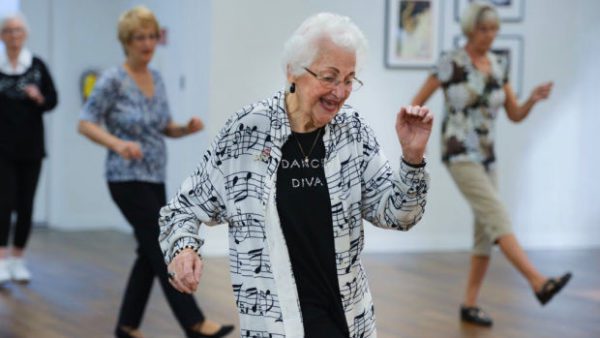
HIRE FEMALE DANCERS: INCREDIBLE ENTERTAINMENT
Dancing reduces the risk of mental illness by 76%. And now attention: reading books - only 35%, guessing crosswords - 47%. Dancing turned out to be the most effective way to stay in a healthy mind and sharp memory, but with one condition - you need to frequently dance, several times a week for an hour, and more.
And here is the explanation provided by Dr. Joseph Coyle of Harvard Medical School: the cerebral cortex and hippocampus, which are responsible for memory and brain speed, are also responsible for plasticity. In old age, synapses become weak - connections between neurons through which information flows. And seniors cannot always remember someone's name or some incident because this information is hard to get out of the subconscious mind. Dancing creates alternative cognitive connections that the brain can use as an emergency exit.
Not only dancing provides for healthy memory in old age but helps develop creative thinking in youth.
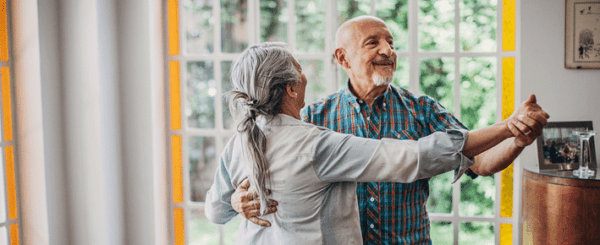
Research from the Albert Einstein College of Medicine shows that we need to create as many alternative pathways for our memory as possible. And if the best way is dancing, so what are we standing for?
Don't sit, dance 🙂


